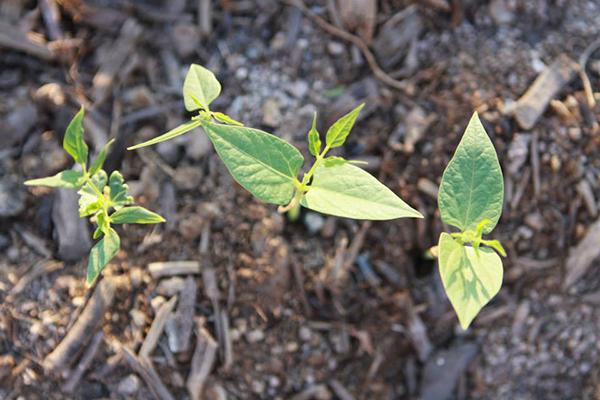“Adopt-a-Sonoran-Desert-Crop” Project: Preserving Agro-Biodiversity Through Citizen Participation
Organization: Ajo Center for Sustainable Agriculture
Location:
- Ajo, Arizona 85321, USA.
- Other communities benefiting from the project: Sonoyta, Mexico; Tohono O’odham Nation: Sells, AZ, New Fields, AZ, Santa Rosa Ranch, AZ, San Xavier, AZ;
- Other small rural mining communities in Arizona, USA: Jerome-Clarkdale, AZ, Bisbee, AZ, Sieritta, AZ, Morenci, AZ, Miami-Globe, AZ, Stafford, AZ, Bagdad, AZ;
- Other rural communities in Arizona, USA: Arivaca, AZ, Nogales, AZ / Mexico, Yuma, AZ, Green Valley, AZ.
Country: United States
Other Organizations Involved:
International Sonoran Desert Alliance, Desert Senita Community Health Center, Edible Ajo Schoolyard Program, Ajo Unified School District, Ajo Botanical Company, Ajo Library, 100 Estrella Restaurant, Organ Pipe Cactus National Monument, Cabeza Prieta Natural Wildlife Refuge, Kawyu Apedag Wapkial Oidagkam, Tohono O’odham Community College, TOCA, San Xavier Coop, NRCS-Sells, COBAH High School (Sonoyta, Mexico)

Background
Due to Ajo’s remoteness and extreme desert growing conditions, it is crucial to grow awareness and capacity about desert-adapted crops and sustainable agriculture methods in order to improve the long-term health and sustainability of the community and its burgeoning local food system. The project is designed to address these issues, as well as provide a model for other communities, by empowering the individual gardeners and organizations to adopt desert-adapted crops and sustainable agricultural methods in their food production. This volunteer-based grassroots civic action will preserve the unique genetic material of annual crops and pomegranate varieties, and will result in lower groundwater usage, higher soil fertility, reduce the need for high energy inputs, and increase the level of environmental stewardship.
Goals
Improve the health and sustainability of the community by increasing the awareness of desert-adapted crops and sustainable agriculture methods and putting this knowledge into practice.
Main activities
- Community Outreach and Education (Spring and Fall Ag School, individual training assistance to gardeners, newsletters, community food events);
- Organizational Outreach and Education (“Train-the-Trainer”) (Spring and Fall Ag Leadership Training, individual training assistance to organizations);
- Adopt-a-Sonoran-Desert-Crop Programming (select, acquire and catalogue appropriate summer desert crops, and prepare seeds and record-keeping forms for distribution; prepare cuttings from the experimental pomegranate orchard and other prospective local sources for distribution, including record-keeping forms; recruit gardeners and organizations to participate in the program; collect, catalogue and analyze the results);
- Create a physical and virtual learning space, including adopt-a-crop parallel experimental growing trials at Many Hands Urban Farm and Learning Center;
- Establish Learning Communities—best practices sharing with other communities. (Sustainable Food-System Model Conference; individual tours and consultations for other communities.)
Results
This project will improve the health and sustainability of the community—increasing the awareness of desert-adapted crops, sustainable agriculture methods and environmental action—by providing training to 100 Ajo households and five organizations, and will preserve the unique genetic material of Sonoran Desert annual and perennial crops through recruiting at least 35 gardeners and five organizations to participate in the “Adopt-a-Sonoran-Desert-Crop” growing trials program, which is designed to encourage civic involvement. The project will track the growing and harvesting results, establish a dedicated one-quarter acre tract for growing trials at the Many Hands Learning Center, and create an online resource library pertaining to these crops. The project will offer individual tours and consultations and hold a Sustainable Food-System Model Conference to share best practices with 10 other borderlands communities, of which we project that at least 50% will incorporate our food-system approach, distributed ag model, with community empowerment, and/or preservation of genetic material into their short- and long-term planning.